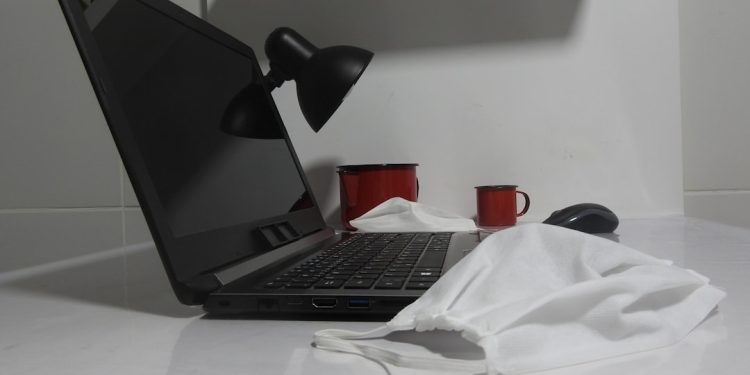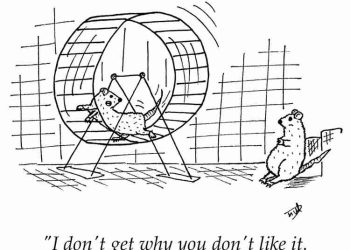No products in the cart.
Evolving Remote Work: A Shift Towards Respecting Employee Privacy
Remote work monitoring is evolving beyond surveillance to respect employee privacy. Discover how companies are balancing oversight and trust in the workplace.
In the wake of a pandemic that reshaped how we work, the world is beginning to emerge from the chaos. Offices are reopening, but many employees have found their rhythm in a remote setting. As a result, companies are now grappling with a crucial question: How do we ensure productivity without infringing on employee privacy?
The evolution of remote work monitoring is a story of transformation. Once viewed as a tool for micromanagement, monitoring software is transitioning into a more nuanced approach—one that respects the individuality and privacy of employees.

Consider Sarah, a marketing executive based in Seattle. When her company shifted to remote work, she initially felt a sense of freedom. No more daily commutes or rigid office hours. But as monitoring software was implemented, her excitement turned to unease. “It felt like I was being watched all the time,” she recalls. “Every click was tracked, every minute accounted for. It was exhausting.” Sarah’s experience resonates with many. The digital age has ushered in unprecedented levels of surveillance, often at the expense of personal autonomy.
However, as businesses recognize the importance of employee trust, a paradigm shift is underway. Tech companies are now developing tools designed not with the intent to spy, but to support and empower. For instance, platforms like Time Doctor and Hubstaff are integrating features that allow employees to manage their own productivity metrics, rather than imposing strict oversight from above. This is a step towards creating a culture of accountability rather than fear.
When her company shifted to remote work, she initially felt a sense of freedom.
Moreover, recent legislation around data protection is forcing organizations to reconsider their monitoring practices. In Europe, the General Data Protection Regulation (GDPR) has set a precedent for how companies handle employee data, emphasizing transparency and consent. The impact is palpable. Organizations are realizing that a transparent approach not only meets legal requirements but also fosters a healthier workplace culture.
Yet, the balance is delicate. Some argue that a complete removal of monitoring can lead to decreased productivity. A report from the Harvard Business Review highlights that while employees crave autonomy, they also appreciate a safety net that ensures they remain focused on their tasks. The challenge lies in finding the right blend—enough oversight to maintain productivity, but not so much that it stifles creativity and morale.
As companies navigate this new landscape, some are pioneering innovative strategies. Take Microsoft, for instance. The tech giant is experimenting with a hybrid model that emphasizes flexibility while incorporating regular check-ins that prioritize employee well-being. “We want to focus on outcomes, not hours,” says a company spokesperson. This shift is shedding light on a more compassionate approach to workplace monitoring.
Even small businesses are getting in on the action. A coffee shop chain in Australia recently adopted a monitoring system that allows baristas to set their own targets based on personal goals. Instead of feeling pressured by management, employees are empowered to take ownership of their work. “It’s about trust,” says the chain’s founder. “When you trust your team, they thrive.”
Looking towards the future, the question remains: What will the workplace of tomorrow look like? As we continue to embrace technology, the need for ethical considerations will become increasingly critical. Businesses will have to strike a balance between leveraging data for productivity and safeguarding privacy.
Instead of feeling pressured by management, employees are empowered to take ownership of their work.
Moreover, the rise of the gig economy adds another layer of complexity. Freelancers and contract workers often operate without the same protections as traditional employees. This is prompting discussions about rights and standards that should apply across the board. As we move forward, it’s essential that all workers, regardless of their employment status, are treated with respect and dignity.
In conclusion, the evolution of remote work monitoring is a testament to our ability to adapt and learn. It highlights a growing recognition that employee privacy is not just a legal obligation, but a cornerstone of a thriving workplace culture. As we navigate this new era, let’s prioritize trust and transparency, ensuring that every worker feels valued, respected, and empowered in their role.











